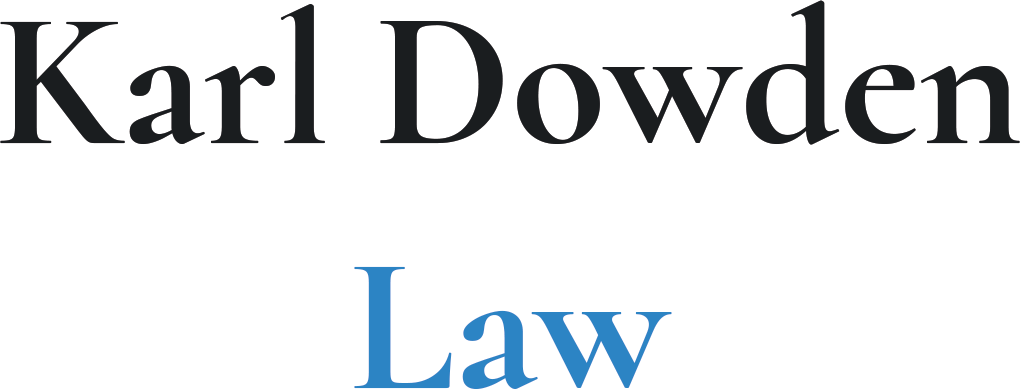Commercial leases are usually drafted to address specific characteristics of the area, the building and the business. Additionally, the lease would address your personal expectations for tenants, such as obligations they should perform and acts they should not do during the lease term.
Using a lease that is not drafted by an attorney to address these specific characteristics may save you money in the beginning, however there are risks involved. Typos or improperly drafting the business terms can have a shockingly damaging impact on the owner’s ability to enforce a lease. You may also assume that the lease you rely on has certain terms or imposes certain obligations on the tenant only to learn after the lease was signed that such terms or obligations do not, in fact, exist.
Further, if one or more disputes arise between you and the tenant as to a party’s expectations that the lease does not properly address, then it will likely cost you far more money in the long run (e.g. litigation or arbitration) to resolve the dispute(s) compared to the initial cost of hiring an attorney to prepare and negotiate the lease to your specific expectations.
When you are leasing space that generates substantial revenue in rent for a long period of time, it is important to invest in a solid foundation. The term of a commercial lease can vary, though it typically lasts for 5-10 years (not including any right for the tenant to extend the term of the lease). An experienced commercial leasing attorney is an essential element of any solid foundation.
